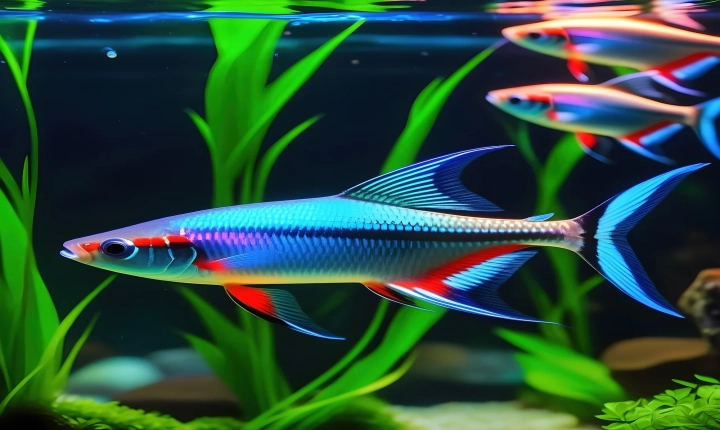Title: Exploring the Impact of AI-Generated Art on Etsy: Does Etsy Allow AI-Generated Art?
Art has always been a reflection of human creativity, imagination, and emotion. However, with the advancement of technology, artificial intelligence (AI) has begun to redefine the boundaries of creative expression. AI-generated art is a fascinating and controversial concept that challenges our traditional notions of creativity and artistic originality.
Etsy, one of the largest online marketplaces for handmade and unique goods, has long been a thriving platform for independent artists and designers to showcase and sell their creations. With the rise of AI-generated art, a pertinent question arises: Does Etsy allow AI-generated art to be sold on its platform?
The intersection of AI and art has sparked a lively debate within the artistic community, as well as among those who curate and support art. While AI-generated art can produce visually stunning and innovative pieces, some argue that it lacks the essence of human creativity and emotional depth. Others, however, view AI-generated art as a new frontier for artistic exploration and innovation.
Etsy’s policy on AI-generated art is nuanced. The marketplace explicitly states that all items listed for sale must be “handmade, vintage, or craft supplies” and should “represent the skill and effort of the seller.” This raises the question of whether AI-generated art can be considered “handmade” or if it sufficiently represents the skill and effort of the artist.
In response to this debate, Etsy has taken a cautious approach to AI-generated art. The platform currently prohibits outright “mass-produced” or “commercially manufactured” items, which means that any art generated by AI must still adhere to the principles of being unique and individually crafted. Additionally, Etsy’s policy mentions that they may allow certain forms of digitally created or assisted items, provided that the seller has a role in the creation process and the final product is significantly different from what would be achievable exclusively through automation.
This policy reflects the complexity of the issue at hand. While AI-generated art brings unprecedented possibilities for creativity and innovation, it also challenges conventional notions of authorship and originality. Determining the boundaries of what constitutes handmade or artistically crafted becomes increasingly complex in the age of AI.
Etsy also acknowledges that the topic of AI-generated art is an evolving and multifaceted issue. As technology continues to advance and influence the creative process, platforms like Etsy will need to grapple with the ethical, legal, and philosophical implications of AI-generated art. At the same time, they must support and promote the work of independent artists while adapting to the changing landscape of artistic expression.
In conclusion, the question of whether Etsy allows AI-generated art is a complex and evolving issue that reflects the broader debates surrounding technology, art, and creativity. As AI continues to influence the world of art and design, it is crucial for platforms like Etsy to carefully navigate the boundaries of what constitutes handmade, unique, and artistically crafted items. The emergence of AI-generated art challenges us to reconsider and redefine our understanding of creativity, authorship, and the role of technology in artistic expression.
